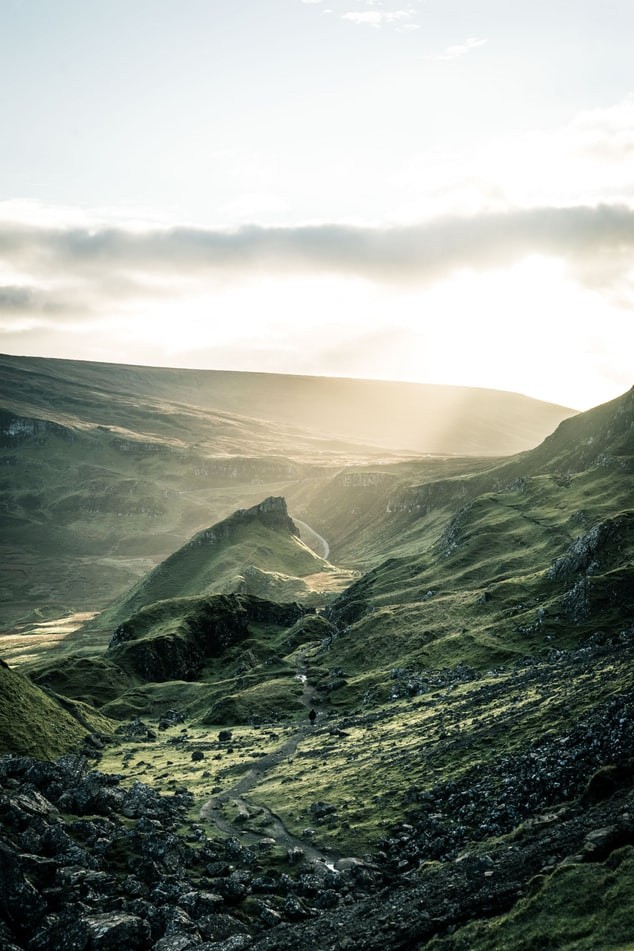
The Boring Billion is a time during the evolution of our planet that there is simply nothing much that's going on. Scientists believed that the period between 1800 and 800 million years ago marks a delay in the evolution of life, and they attributed this primarily to the low levels of oxygen in our atmosphere. However, a recent study shows that rocks found in Scotland provided evidence of a previously known ice age.
WHAT EXACTLY HAPPENED DURING THE BORING BILLION?
Journals are describing the history of our planet after the Cambrian explosion -- where life suddenly became widespread and creatures doubled in number -- but never the period before that. It is understandable, however, because nothing much happened for billions of years before the Cambrian explosion. Scientists were still baffled what happened during those times and what caused the so-called boring billion.
According to previously published studies, the gradual cooling of the Earth's interior may have contributed to the slow geological change, stalling evolution until the planet reaches the right temperature for tectonic activity. It was also discovered that the process changes as the planet's mantle cools down. The outer layer (or what was soon to be known as the crust) was still too weak for plate tectonics to move. As the mantle cools down, it allows the crust to slip under each other at collision zones.
The previous studies also noted the stable level of oxygen in the atmosphere and phenomena of ice ages before and after the boring billion but it is only now, in the study of Professor Hartley and his team that they discovered that there could be an ice age during the boring billion.
WAS THERE REALLY AN ICE AGE DURING THE BORING BILLION?
In this study published in the Scottish Journal of Geology, a team of scientists from the University of Aberdeen was able to study rocks gathered from the Torridon area of Scotland's Northwest Highlands and discovered debris that was dropped from melting icebergs in lakes. The team was able to date the rocks back to the period of the Boring Billion. Although geologists would describe this period in the Earth's history as the time with little climactic upheaval, this discovery suggests that there may have another ice age during this period.
According to Professor Adrian Hartley, leader of the study from the School of Geosciences at the University of Aberdeen, life was thought to be limited during the Boring Billion. Most species on Earth were algae, and they dwell in the ocean. "Until now, no evidence for climate change had been discovered but our study has shown there was ice at Earth's surface during its Middle Ages." He said. The team was able to make this discovery by analyzing sediments that allowed them to identify locations where pebbles had fallen from melting icebergs. These fallen pebbles then made an impact on the lake floor and helped to deform even older layers of sediment.
Professor Hartley explained that this study was able to produce evidence for glaciation during the Boring Billion and it proves that that period was not boring after all.










